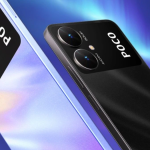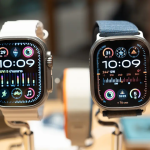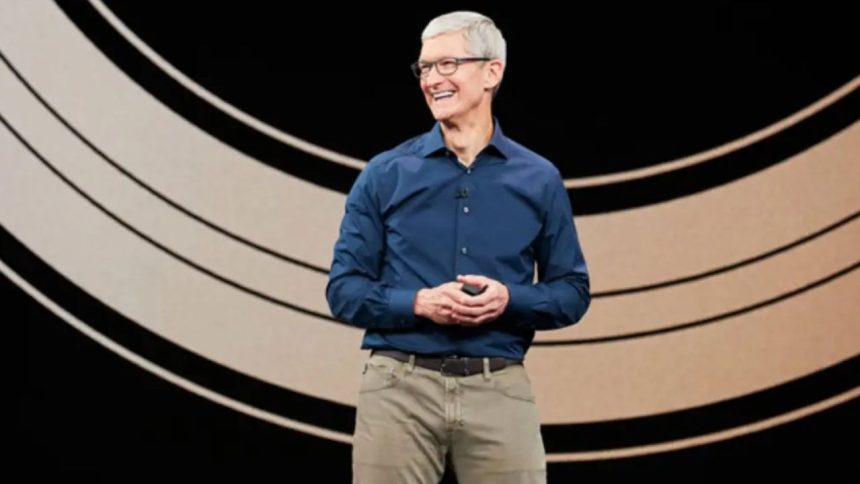Debate over Tim Cook’s future as Apple CEO has intensified following a series of high-profile missteps with Apple’s artificial intelligence ambitions, prompting questions about whether Apple needs new leadership to reclaim a product-first edge.
Mounting Criticism Over Apple’s AI Strategy
Analysts at LightShed Partners have called for a leadership change, arguing that Cook—a CEO praised for financial discipline but less celebrated as a product visionary—has not given Apple the product focus it needs, especially in the AI era. They point to Apple’s “calculated delay” and admitted failure to deliver on AI-powered products, including missing promised Siri enhancements and underwhelming Apple Intelligence features that lag far behind competitors like OpenAI, Google, and Samsung’s Galaxy AI. Internally, Apple’s AI teams faced budget constraints, outdated infrastructure, and had to rely on external partners for computing power, all of which hindered progress.
Bloomberg and other publications have reported that, unlike the Steve Jobs era, recent Apple AI launches—particularly the new Siri—fell well short of expectations, suffered from quality and reliability issues, and were pushed out mainly to satisfy shareholders. Engineers reportedly described the product as “less reliable” than its predecessor, and internal morale took a hit from the lack of direction and urgency.
Strategic, Not Just Executional, Shortfalls
Apple’s internal research and public documentation confirm deeper problems: fundamental flaws in current large language models (LLMs), both Apple’s and others, including an inability to perform true logical reasoning as task complexity increases. Apple’s decision to delay shipping unfinished AI features was partly a quality control move—leadership, including senior VP Craig Federighi, admitted the tech “didn’t converge in the way quality-wise that we needed it to”. But critics argue these strategic delays manifest as a lack of urgency, with Apple now trailing in a sector seen as crucial for the future of hardware and software integration.
Compounding these worries, Apple’s flagship AI model operates at just 3 billion parameters—dwarfed by competitors’ 100-billion+ models—and the firm’s GPU resources are far outpaced by rivals like Microsoft and Google. The result: Apple is perceived by both insiders and users to be playing catch-up rather than leading the next wave of consumer tech.
Leadership and Succession: Any Change Coming?
Despite mounting criticism, Apple insiders suggest Tim Cook has no intention of stepping down or grooming a successor. While former COO Jeff Williams was long tipped as a natural replacement, his recent retirement has left a void. Speculation is now turning to hardware engineering chief John Ternus as a potential “dark horse” candidate for future leadership.
Financially, Cook’s track record remains robust: Apple’s share price has soared under his tenure, but lagged behind rivals in 2025, falling 16% even as competitors like Meta and Microsoft saw double-digit gains. Some analysts argue that Apple still has time to recover and steer its AI ship—pointing to the strong performance of recent hardware like the iPhone 16e—but recognize that the “disastrous” Apple Intelligence rollout represents one of the company’s most significant stumbles of the decade.
The leadership debate reflects more than just a botched product cycle. It highlights tension within Apple and across its investor base over what—and who—the company needs to lead in a rapidly changing, AI-centric world. For now, barring any internal policy shifts or external shocks, Cook’s position appears secure, but calls for a product-first CEO will only grow louder if Apple stumbles again in the race for AI dominance.






